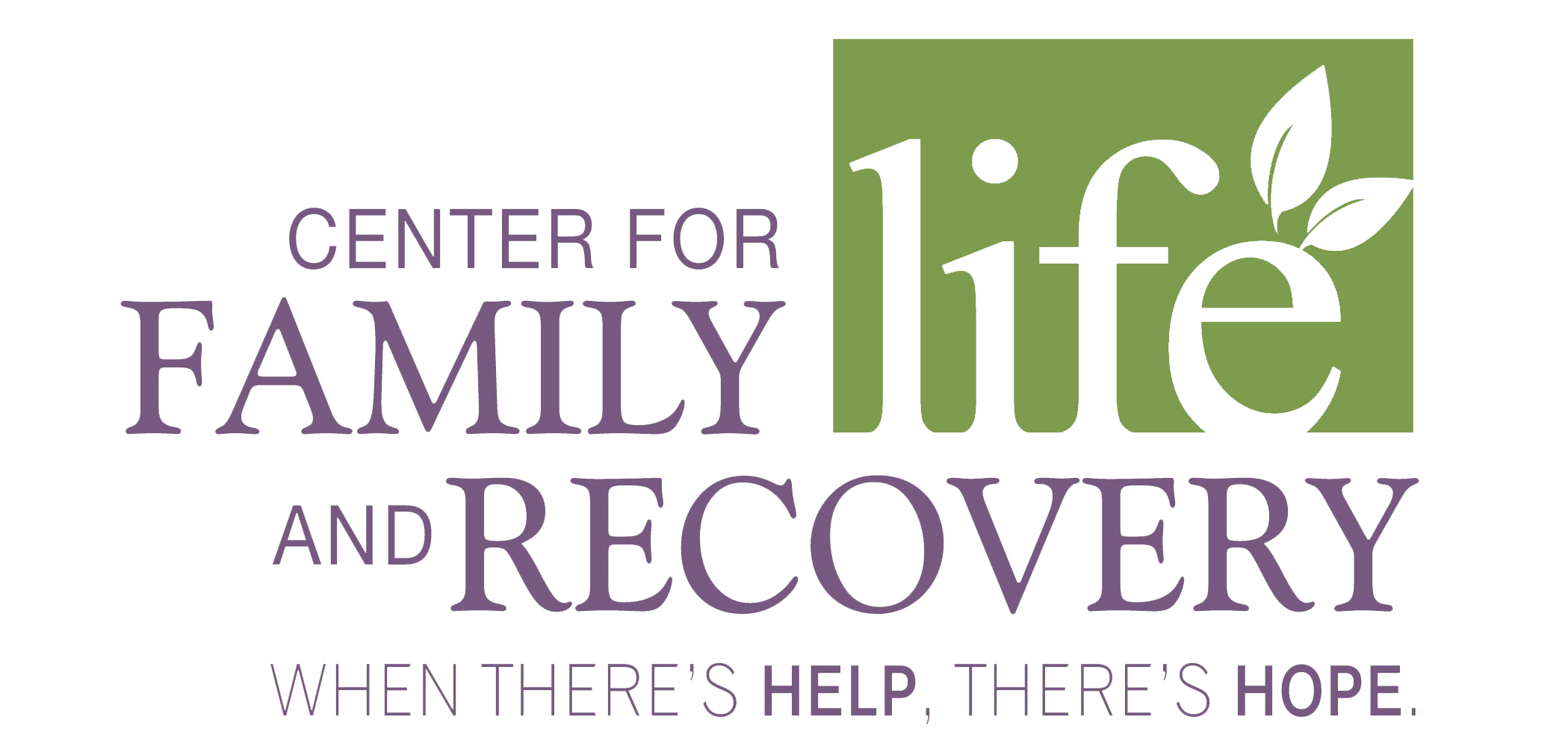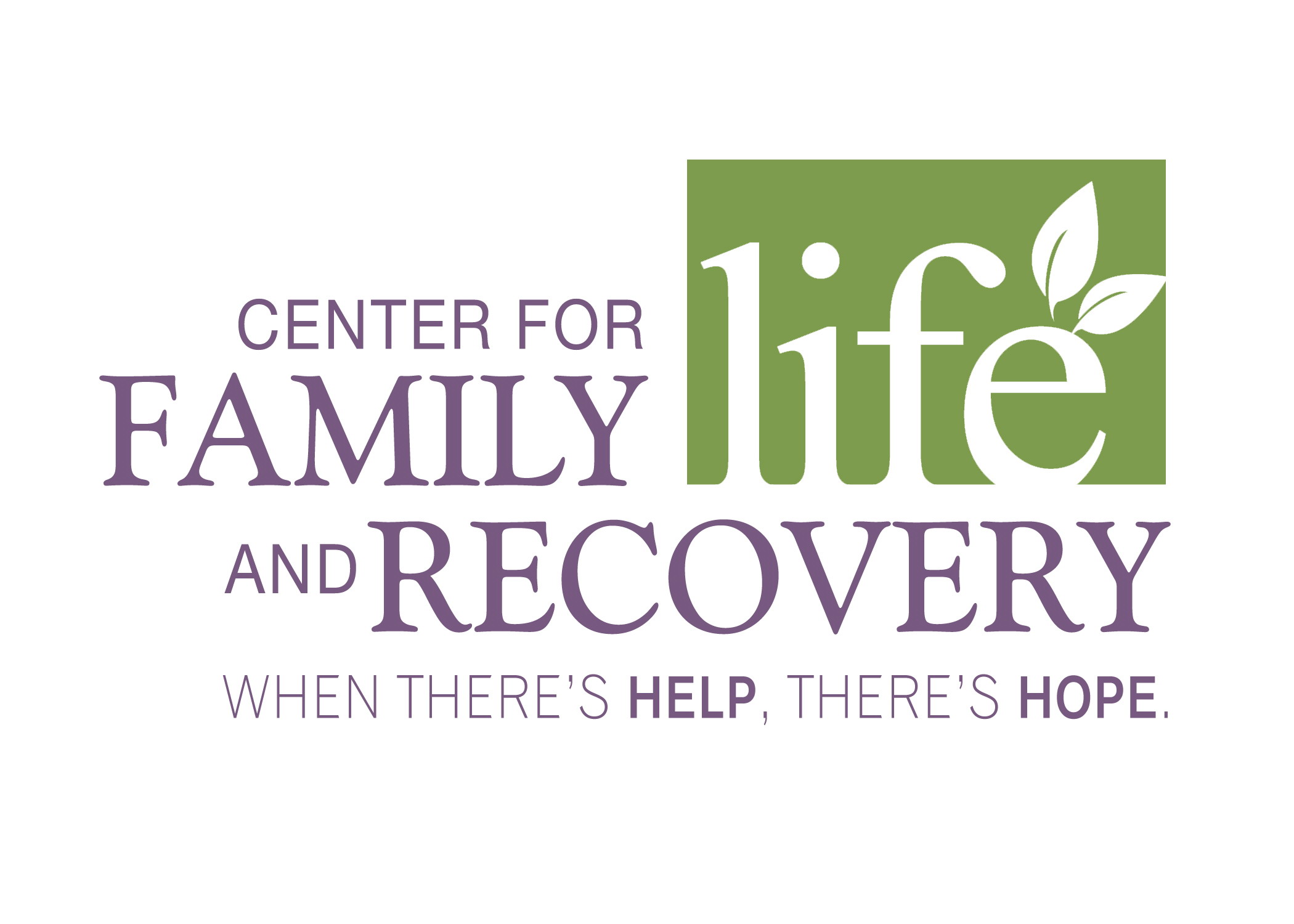Posted by Jude Seymour on Monday, June 23rd, 2014
- Related issues: Controlled Substances, Prescribed drugs or Prescriptions
UTICA – Sen. Joseph A. Griffo, a member of the Senate Task Force on Heroin & Opioid Addiction, today thanked Gov. Andrew Cuomo for signing a package of bills designed to combat heroin legislation.
“This is a testament to teamwork,” said Griffo, R-Rome. “The Senate Task Force lead the way, soliciting input from more than 200 experts in health care and public safety who interact with heroin users. We developed a package of bills that received overwhelming support in the Senate and, thankfully, our Assembly colleagues agreed to most of the bills. The governor’s quick action in signing this legislation demonstrates our shared commitment to tackling this problem right away.”
“At the Center for Family Life & Recovery, our goal is to create a community mindset that encourages and sustains recovery from addiction,” said Cassandra Sheets, chief executive officer of the organization. “At Senator Griffo’s forum, I spoke about several major components of that ongoing initiative, including proper education of our children, better inter-agency and community coordination as well as more wraparound support for those recovering from addiction after treatment. I’m thankful that the senators took my input seriously and incorporated those elements into their final package. I thank the governor for signing these bills today.”
Griffo hosted a forum April 15 in Utica, where a dozen professionals in the fields of addiction treatment, recovery and law enforcement offered frank testimony about rising trends in heroin abuse. The group also spoke about the need for additional public education, to improve access to treatment programs, to increase communication and the flow of information among state agencies that deal with addicts, among other things.
That feedback was incorporated into the bills signed Monday.
They include new laws that will enable individuals requiring treatment, but who are denied, to continue receiving care while they appear their case. Insurers will be required to cover appropriate treatment for those addicted to drugs.
The state will create a new program, aimed at lowering costs, that will divert patients who do not need in-hospital detox to appropriate facilities or services. This program would provide alternative, short term community based treatment.
In addition, the new laws will help decrease relapses and improve life outcomes by providing services to addicts for up to nine months after they’ve successfully completed a treatment program. This case management service would encompass education, legal, financial, social, child care and other supports.
The state’s Office of Alocholism and Substance Abuse Services will also begin a new public education campaign aimed at children, their parents, health care providers and others. The effort will focus on the risks associated with opioid abuse, the telltale signs of addiction and what local resources are available for those that need help. The state Education Commissioner will also be updating the state’s curriculum on drug abuse every three years so students are given the most up-to-date information.
Griffo has written letters to the 21 police departments in his district, encouraging them to apply for funds for training officers to use and to carry naloxone, a powerful medicine that reverse some of the most harmful effects of opioid overdose. The state Attorney General’s Office is accepting applications through Sept. 1.
Legislation signed Monday will also allow pharmacists to dispense the medicine to anyone who needs it.
Finally, the new laws include introducing penalties and greater police power to reduce the distribution of controlled substances. It creates the crime of “fraud and deceit related to a controlled substance,” to crack down on “doctor shopping.” It also adds a new crime and increases penalties for another associated with pharmacists and practitioners selling controlled substances.

